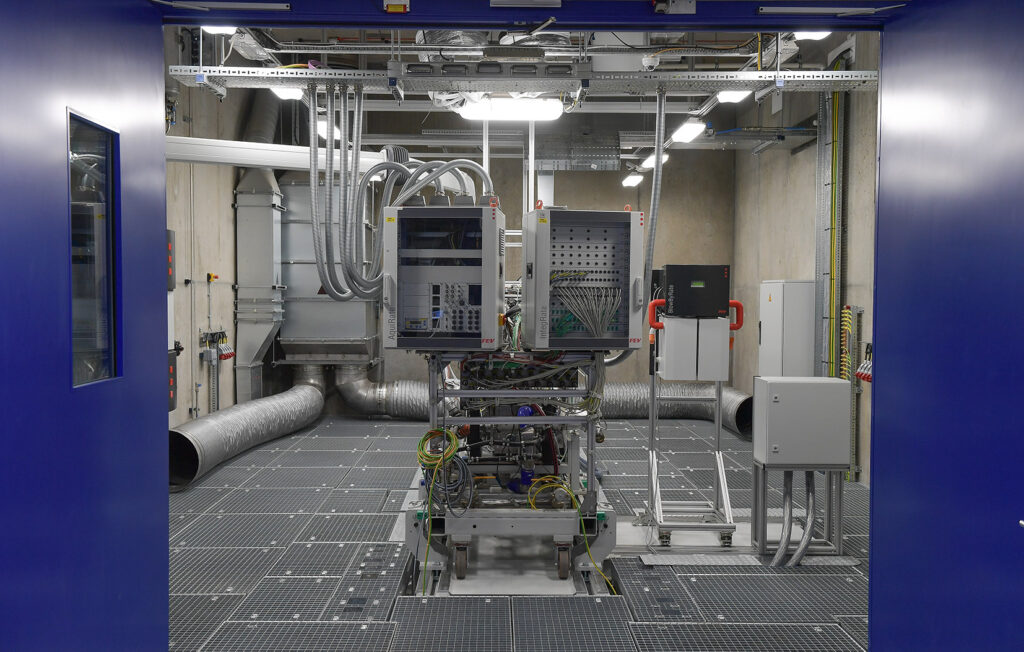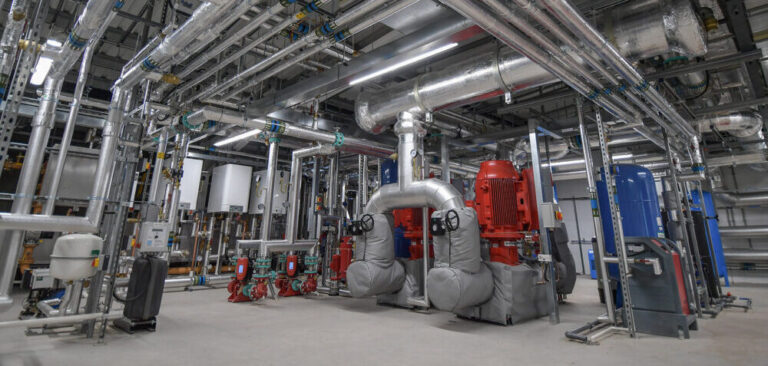As the UK seeks to improve electrified propulsion systems, a further £2m (US$2.8m) is being invested in a hydrogen fuel cell development laboratory at Coventry University.
The investment from C-ALPS (Center for Advanced Low-Carbon Propulsion Systems) will enable the addition of a specially designed 100m2 hydrogen fuel cell lab in the research center at the university, alongside a host of upgrades to enable powertrain cells to run on hydrogen fuel.
The £50m (US$6.9m) research center opened in 2018 and will house the fully equipped hydrogen fuel cell laboratory and upgraded test cells to enable fuel cell and electrolyzer system testing, stack- and cell-level testing, and diagnostic and post-mortem work upon completion of specific tests.
Proposed plans are for a facility in which environmental testing of powertrain components can take place at temperatures ranging from -40°C to +120°C. C-ALPS currently has its own fuel cell test stands at the facility, which were developed in-house to provide advanced electrochemical diagnostics for characterization of application-scale fuel cells and stacks.
Initially co-funded by FEV, the research center seeks to provide powertrain and engineering solutions for the future and has secured several research projects to aid in developing EV-related components, including onboard diagnostics for batteries and healing battery cells. Completion of the facility is expected by August 2021 and will provide researchers with the latest equipment to carry out ongoing research for the automotive industry.
Simon Shepherd, director of C-ALPS, explained, “Sustainable electric propulsion and mobile energy storage solutions are essential in decarbonizing the transport sector and improving air quality. Hydrogen as a fuel will almost certainly play a significant role in this transition.
“Our latest investments strengthen our existing hydrogen energy research capabilities and give us the facility to support partners in both fuel cell and hydrogen generation R&D and fuel cell application projects.”



